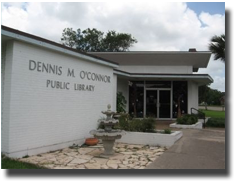Confidentiality
The ethical responsibilities of librarians, as well as statues in most states and the District of Columbia, protect the privacy of library users. Confidentiality extends to “information sought or received, and materials consulted, borrowed, acquired,” and includes database search records, interlibrary loan records, and other personally identifiable uses of library materials, facilities, or services.
The American Library Association recognizes that law enforcement agencies and officers may occasionally believe that library records contain information which may be helpful to the investigation of criminal activity. If there is a reasonable basis to believe such records are necessary to the progress of an investigation or prosecution, the American judicial system provides mechanism for seeking release of such confidential records: the issuance of a court order, following a showing of good cause on specific facts, by a court of competent jurisdiction.
The American Library Association strongly recommends that the responsible officers in each library, cooperative system, and consortium in the United States.
1. Formally adopt a policy which specifically recognizes its circulation records and other records identifying the names of library users with specific materials to be confidential.
2. Advise all librarians and library employees that such records shall not be made available to any agency of state, federal, or local government except pursuant to such process, order, or subpoena as may be authorized under the authority of, and pursuant to, federal, state, or local law relating to civil, criminal, or administrative discovery procedures or legislative investigatory power.
3. Resist the issuance or enforcement of such process, order, or subpoena until such time as a proper showing of good cause has been made in a court of competent jurisdiction.
